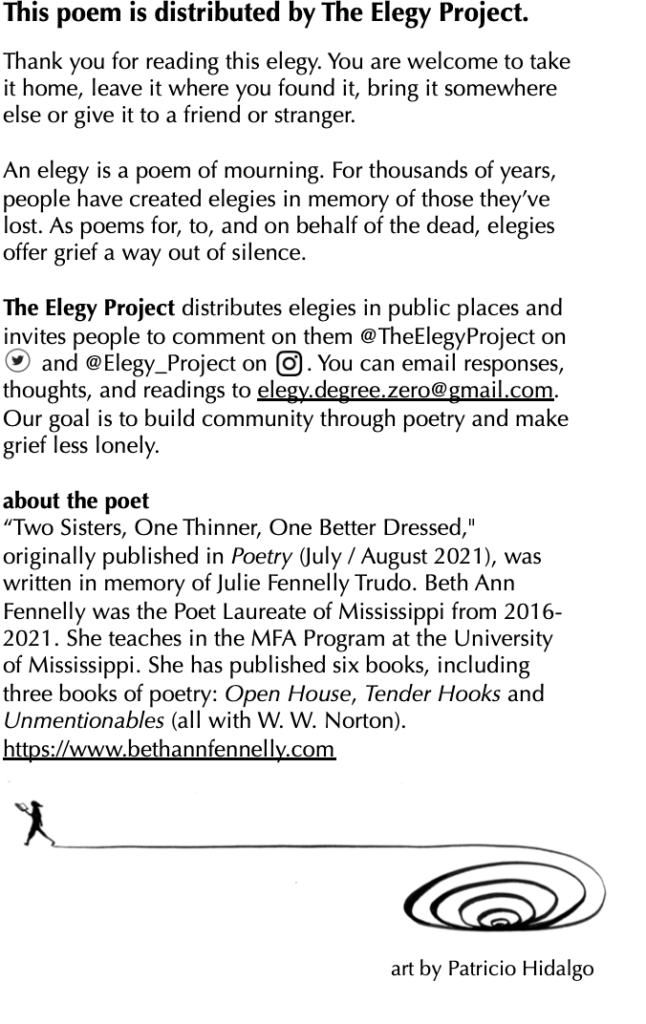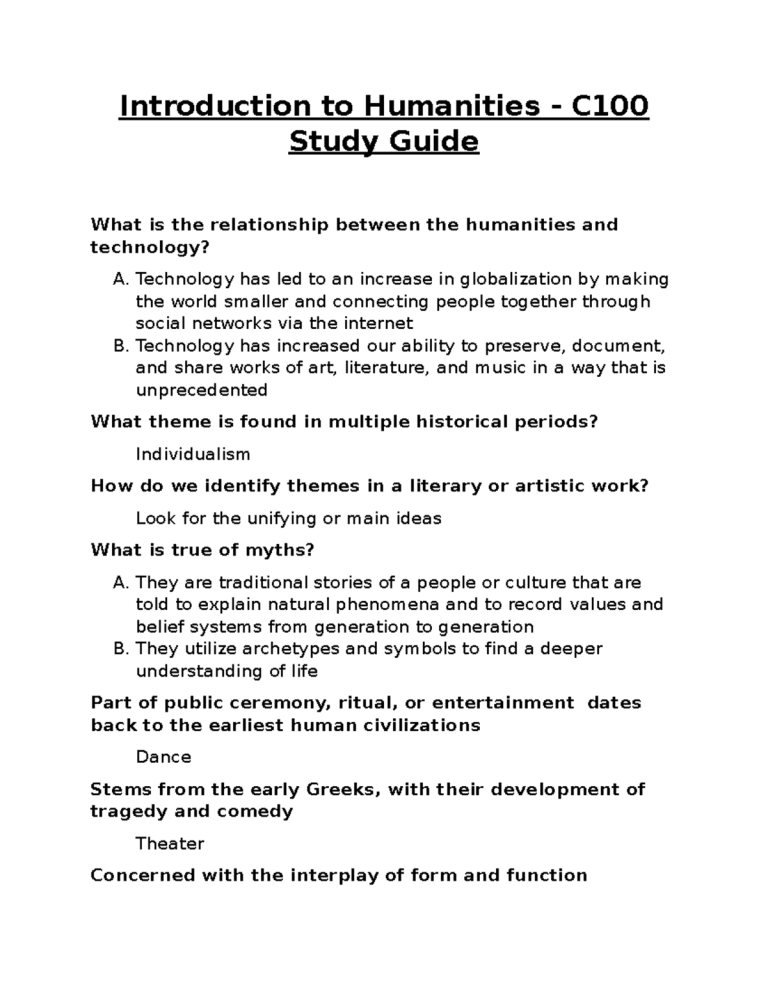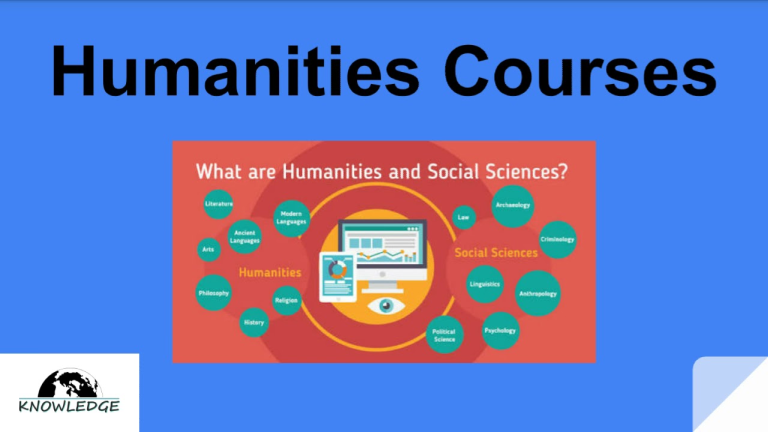The Elegy Project, an extraordinary initiative emerging from the hallowed halls of the Harvard Poetry Room, delves deep into the human experience of loss and resilience through poetry. In the wake of the pandemic, this project aims to resonate with individuals grappling with grief and to foster connections within the community through the art of creating elegies. Led by passionate figures such as Karen Elizabeth Bishop and David Sherman, the workshops combine personal reflection and creative expression, allowing participants to explore their emotions in a supportive environment. As participants come together to engage in this poetry workshop, they find solace in shared experiences of loss and learn how creating elegies can provide an outlet for their feelings. Through these gatherings, the Elegy Project not only honors those who have passed but also signifies the therapeutic power of poetry in navigating our profound human emotions.
The Elegy Project serves as a unique platform for individuals to explore themes surrounding memorialization and mourning in the realm of poetic expression. By facilitating community poetry workshops, this venture invites participants to confront their feelings related to bereavement, while simultaneously encouraging them to craft poignant elegies. With an emphasis on collaboration, the project aims to bridge isolation and communal experiences through written word and heartfelt reflection. Engaging with fellow poets and writers, participants are enabled to articulate their sentiments in a nurturing environment that champions creative expression. In this context, the Elegy Project manifests as a beacon for those seeking to connect through shared narratives of grief and hope.
Understanding the Elegy Project: A Public Poetry Initiative
The Elegy Project stands as a unique initiative bridging the gap between poetry and public engagement. Founded by Karen Elizabeth Bishop and David Sherman, this project was conceived amidst the loneliness and sorrow that the pandemic brought upon many individuals. Through its innovative approach, the Elegy Project fosters a sense of community as it encourages participants to engage with their emotions through writing elegies—poetic forms that embrace themes of grief, loss, and memory. By placing poem cards in public spaces, the project aims to connect strangers, creating a shared experience of mourning that enhances communal ties.
This initiative highlights the importance of poetry as a tool for psychological and emotional healing. By encouraging individuals to write elegies, the Elegy Project not only validates personal experiences of loss but also illustrates that these feelings are universal. Participants in the workshop at Harvard’s Woodberry Poetry Room engaged in writing and sharing their thoughts and feelings, celebrating the beauty of collaboration and community poetry. As poetry can often be an isolated endeavor, the Elegy Project challenges that notion by boldly placing poetry within the public sphere, making it accessible to all.
The Impact of Grief and Loss in Contemporary Poetry
Grief and loss are themes that resonate deeply in contemporary poetry, serving as a powerful catalyst for creation. The Elegy Project specifically addresses these themes by encouraging individuals to articulate their experiences of mourning. In a world disrupted by the pandemic, where isolation has become prevalent, poetry workshops have provided a platform for individuals to process their emotions collectively. The act of writing elegies allows participants not only to articulate personal sorrow but to find solace in the art of expression, fostering a sense of solidarity among attendees.
Moreover, the exploration of grief in poetry goes beyond individual experiences, tapping into shared human consciousness. As Mary Walker Graham aptly noted, elegy encapsulates the human propensity to mourn, praise, and console in the face of loss. By sharing their elegies, workshop participants engage in a dialog with each other and with literary traditions that have grappled with loss over centuries. This dialogue fosters mutual understanding and support, reinforcing the idea that writing can serve as a communal healing process.
Crafting Elegies: Techniques and Inspirations
Crafting elegies requires a nuanced approach that balances personal emotion with poetic form. Participants at the Elegy Project workshop utilized various prompts and inspirations from the Poetry Room’s vast collection, facilitating a creative exploration of language and emotion. This structure not only aids in overcoming writer’s block but also encourages individuals to rethink their relationship with poetry. Harnessing elements from both personal narratives and communal experiences, the workshop empowers participants to embrace their voices in expressing complex emotions associated with grief.
The interaction between participants and texts emphasizes the collaborative nature of poetry writing. As noted by Bishop and Sherman, the use of prompts can help alleviate the pressure often felt by aspiring poets. By providing a playful and open atmosphere, the workshop enables participants to experiment with their writing, explore new styles, and engage with poetic conventions. This exploration invites individuals to take creative risks, thereby enriching their elegies with deeper meaning and connection.
Community Poetry: Building Connections Through Shared Experiences
Community poetry programs like the Elegy Project serve as vital platforms for creative expression and connection, especially during challenging times. The workshop’s fluid exchange of ideas and sentiments empowers participants to forge bonds with each other while navigating personal experiences of loss. This sense of community is essential, as it mitigates the isolation that often accompanies grief. By participating in a supportive environment, individuals discover that they share similar emotions, fostering empathy and understanding.
Furthermore, community poetry initiatives democratize the poetic process, allowing individuals from diverse backgrounds to engage with literature. Such workshops emphasize that poetry is not solely the domain of published authors but belongs to everyone. By inviting all members of the community to contribute their voices, the Elegy Project highlights the inherent value of personal stories, transforming them into powerful shared narratives that can resonate with others, ultimately promoting healing and connection among participants.
The Role of the Harvard Poetry Room in Supporting Emerging Poets
The Harvard Poetry Room plays a significant role in nurturing emerging poets through intimate workshops and collaborative projects such as the Elegy Project. Serving as a hub of literary activity, the Poetry Room provides resources and inspiration, allowing aspiring poets to explore the craft of poetry in a supportive environment. By facilitating workshops that focus on relevant themes such as grief and loss, the Poetry Room fosters a creative atmosphere where participants can hone their skills and share their work with others.
Additionally, the Poetry Room’s commitment to accessibility is crucial in empowering individuals from all walks of life to engage with the art form. Offering resources and spaces where community poetry can thrive, it invites participants to embrace their creative potential. Through thoughtful programming, the Poetry Room continually champions the importance of poetry in expressing and understanding the complexities of human emotions, solidifying its place as an invaluable asset in the literary community.
Exploring the Evolution of the Elegy in Modern Literature
The elegy has evolved significantly throughout history, adapting to various cultural contexts and reflecting changes in societal attitudes toward death and mourning. Contemporary poets have expanded the scope of elegy, moving beyond strict formal structures to embrace free verse and innovative styles. The Elegy Project underscores this evolution by inviting participants to explore their interpretations of elegy in a modern context, breaking away from traditional confines. This openness allows for a richer and more diverse array of elegies that reflect unique voices and stories.
In today’s literary landscape, the elegy serves as a versatile form that transcends mere memorization of the deceased. It becomes a vehicle for addressing loss, memory, and the intricacies of grief that individuals experience in contemporary society. By engaging with the elegant tradition of elegy while infusing it with modern relevance, contemporary poets and workshop participants alike contribute to a dynamic dialogue about life, loss, and the human experience, weaving personal narratives into the broader tapestry of literary expression.
The Power of Poetry in Process of Healing
Poetry has long been recognized for its therapeutic qualities, serving as a powerful tool for catharsis and emotional exploration. The Elegy Project exemplifies how poetry can play a significant role in healing from grief and loss through community engagement. Writing elegies allows individuals to confront their pain, articulate their experiences, and ultimately navigate the complexities of their emotions. This therapeutic aspect of writing is particularly vital during times of upheaval and shared loss, such as during the pandemic, where many people grappled with feelings of isolation.
Workshops like those offered by the Elegy Project create an environment where emotional expression is encouraged and validated. Participants often find comfort in articulating their feelings through poetry, discovering that they are not alone in their grief. By sharing their elegies within a community setting, individuals can create connections and support systems that promote collective healing. Poetry thus becomes a transformative medium that not only celebrates loss but also fosters resilience and understanding among participants.
Encouraging Personal Reflection Through Writing
The act of writing elegies in a workshop setting encourages personal reflection and self-exploration, making it an invaluable tool for growth. As participants craft their poems, they are prompted to delve into their memories and emotions, engaging with their grief on a deeper level. This reflective practice allows individuals to process their feelings in a structured way, leading to a greater understanding of their experiences and relationships.
Moreover, by receiving feedback from peers and workshop leaders, participants expand their perspectives, discovering alternative ways to articulate their emotions. Writing in community fosters a deeper sense of connection to one’s own thoughts and feelings, as well as to those of others. This collaborative exchange of reflections cultivates a space for empathy, where personal stories are honored and validated, ultimately enhancing each individual’s journey of self-discovery and emotional expression.
The Importance of Accessibility in Poetry Engagement
Accessibility is a cornerstone of participatory poetry initiatives like the Elegy Project. Making poetry available to diverse audiences ensures that everyone has the opportunity to engage with literature and express their feelings. The goal of the Elegy Project to distribute poem cards in public spaces embodies this spirit of accessibility, as it invites individuals from all backgrounds to interact with poetry in unexpected and informal settings.
Providing workshops that are inclusive and accommodating is essential in breaking down barriers for aspiring poets. As showcased in the Harvard Poetry Room event, the Elegy Project offers a welcoming environment where individuals can come together to share their experiences and learn from one another. By prioritizing accessibility, the project cultivates a sense of belonging in the literary world, empowering individuals to create and engage with poetry meaningfully.
Frequently Asked Questions
What is the Elegy Project and how does it relate to community poetry?
The Elegy Project is an innovative public poetry initiative aimed at exploring the themes of grief and loss through the writing of elegies. It encourages community participation by distributing poem cards in public spaces and hosting workshops at the Harvard Poetry Room, where participants can create and share their own elegies, fostering a sense of connection and healing.
How can I participate in poetry workshops related to the Elegy Project?
To participate in poetry workshops associated with the Elegy Project, keep an eye on announcements from the Harvard Poetry Room and the project’s website. Workshops often welcome individuals from various backgrounds, whether experienced poets or newcomers, and provide prompts and resources to help you create your own elegies.
Why is writing elegies important in dealing with grief and loss?
Writing elegies is significant because it allows individuals to express their feelings of grief and loss in a constructive manner. The Elegy Project emphasizes that elegy serves as a means to process emotions, praise the deceased, and console oneself, enhancing our understanding of the universal human experience of loss.
Can you explain the role of Harvard Poetry Room in the Elegy Project?
The Harvard Poetry Room plays a crucial role in the Elegy Project by providing a creative space for workshops where participants can write, read, and reflect on their elegies. The collaboration with experienced poets enables individuals to explore their creativity and engage with the theme of loss in a supportive community setting.
What types of prompts and inspiration are used in Elegy Project workshops?
Elegy Project workshops utilize a variety of prompts and texts from the Poetry Room’s collection to spark creativity. These resources help participants overcome writer’s block and encourage them to express their feelings through their poetry, ultimately aiding them in crafting their elegies.
How does the Elegy Project make grief less lonely?
The Elegy Project aims to alleviate the loneliness of grief by creating a communal space where individuals can share their experiences and emotions associated with loss. Through workshops and public poetry initiatives, participants connect with others who share similar feelings, emphasizing that they are not alone in their mourning.
Who are the founders of the Elegy Project?
The Elegy Project was founded by poets Karen Elizabeth Bishop and David Sherman, who were inspired by the pervasive feelings of loneliness and grief during the pandemic. Their goal is to create a platform for expressing these emotions through elegiac poetry in a community-based setting.
What is the significance of elegy as a poetic form in the Elegy Project?
Elegy is regarded as the most primal and human of poetic forms, serving the essential purpose of allowing individuals to mourn, praise, and console themselves. The Elegy Project highlights the importance of this poetic tradition in helping individuals process their personal experiences of loss and connect with the broader human condition.
How does the Elegy Project support the local Boston community?
The Elegy Project supports the local Boston community by offering poetry workshops, distributing poem cards in public spaces, and providing stipends to individuals and nonprofits through grants. This initiative fosters creative expression and inclusivity, ensuring that poetry is accessible to everyone.
What impact has the Elegy Project had since its inception?
Since its inception in spring 2022, the Elegy Project has positively impacted the community by promoting the importance of poetry in processing grief and loss. Through workshops and public poetry initiatives, it has created a space for people to express their emotions, share their personal stories, and connect with others facing similar experiences.
| Key Aspect | Details |
|---|---|
| Event Overview | The Elegy Project workshop took place in Harvard’s Woodberry Poetry Room, involving writing, reading, and workshopping elegies. |
| Purpose | To help individuals express and cope with grief and loneliness through poetry. |
| Leaders | Karen Elizabeth Bishop and David Sherman facilitated the workshop. |
| Key Statement | The purpose of elegy is to comfort, mourn, and honor loss, as described by Mary Walker Graham. |
| Participants | Diverse attendees, including poets and non-poets, reflecting various backgrounds and experiences. |
| Activities | Participants engaged with prompts and the Poetry Room’s collection for inspiration during the workshop. |
| Grants | The project received funding from the Poetry Room’s Community Megaphone grant. |
| Inspiration Source | The pandemic’s loneliness and grief motivated the creation of the Elegy Project. |
| Future Events | Past collaborations and open-call workshops aim to include more community voices. |
Summary
The Elegy Project continues to play a vital role in connecting individuals through poetry, as it encourages creative expressions of grief and loss. Through workshops held in inclusive spaces like the Woodberry Poetry Room, community members gather to explore their emotions and experiences, demonstrating that poetry has a place for everyone. By participating in initiatives like the Elegy Project, individuals find solace in shared vulnerability, allowing the art of elegy to bridge the gap between personal sorrow and collective healing.




